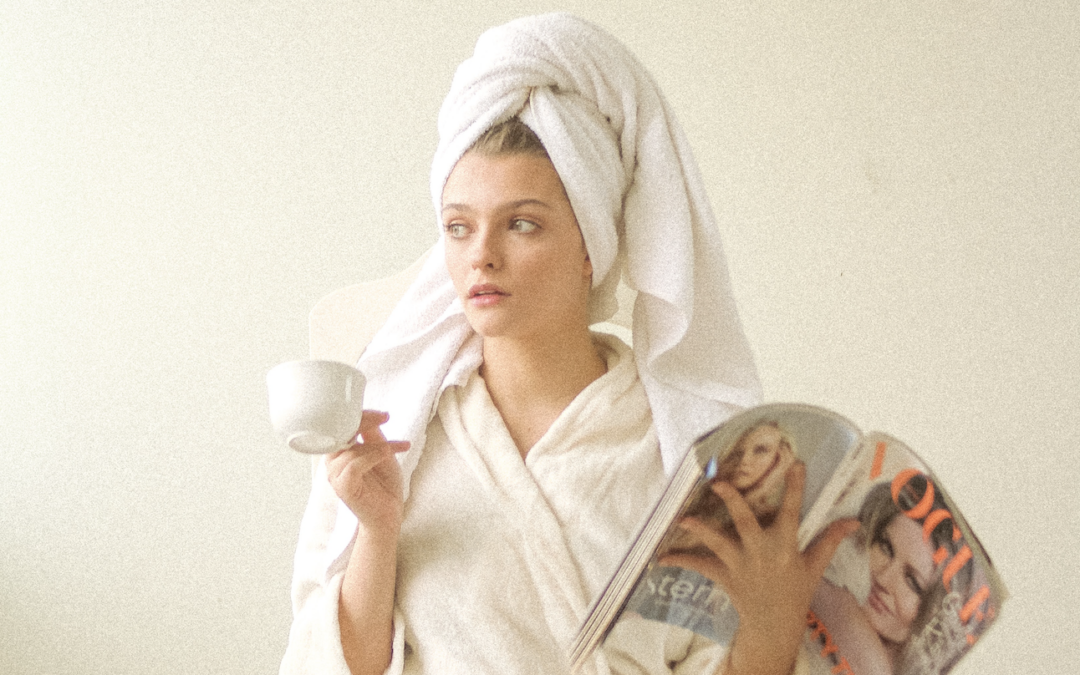Acne: From Diet to Skincare Routine
Ranging from minor flare-ups to significant inflammation, acne is a condition that varies in appearance and severity, primarily appearing on the face, chest, and back. Many teenagers struggle with acne and it can linger well into adulthood. Whether acne is mild or severe, the best approach to treatment is individualized, utilizing natural and safe therapies from a qualified holistic health practitioner. Let’s take a closer look at the factors that play a role in the development of acne and holistic “from the inside out” approaches commonly used to heal acne.
What Does Acne Look Like?
The appearance of acne can vary from person to person and where it appears on the body.
- Scaly red skin (seborrhea)
- Pinheads (papules)
- Blackheads/whiteheads
- Nodules or cysts
- Rash-like clusters
Scarring can result from acne that is inflamed, picked-at, or not properly treated. The results can be emotionally crushing for both teens and adults. Consequently, over $100 million dollars annually is spent on non-prescription treatments for acne.
How Acne Develops
Problems can begin at any age and there is no reliable method to estimate how long it takes to clear up. When acne arises, it’s due to changes in the skin structures deep below the surface including hair follicles and sebaceous glands (oil-producing). Development of acne is often multifaceted including factors such as:
- Family history
- Hormonal Changes
- Stress level
- Exposure to toxins or irritants
- Nutrition
- Abrasive cleansing products
- Use of cosmetics containing allergens, irritants, and chemicals
Of these factors, nutrition exerts the strongest influence over the prevention and healing of acne. The nourishment we give our bodies fuels many processes that affect the organs of detoxification. Specifically, the liver and the skin (integumentary system) help keep the surface of the skin glowing.
7 Simple Dietary Habits to Support Healthy Skin
- Hydrate! Drink plenty of water throughout the day. Healthcare recommendations vary from 6-8 glasses of water a day, to drinking at least one-half your body weight (in pounds) in ounces. Talk with your holistic practitioner about what’s right for you, based on your health and lifestyle, including diet, exercise, occupation, climate, supplements and other therapies.
- Avoid sugar-laden drinks and reduce caffeine intake. The theory is that caffeine invokes the stress response (it elevates HR, BP, cortisol,etc.), and circulating stress hormones contribute to acne. Overconsumption of caffeine may trigger and worsen existing acne.
- Eat fresh, raw fruits and vegetables, nuts, and seeds– opt for nutrient-dense foods.
- Avoid hydrogenated /partially hydrogenated oils/fats such as those found in processed food.
- Take nutritional supplements to support the skin (e.g., zinc, vitamin D/ E/ A).
- Take a probiotic to support gut health (another detox pathway).
- Take Essential Fatty Acids, which are important to skin health.
Holistic Skin Care Tips
- Avoid harsh cleansing products such as astringents. These initially feel refreshing, but their potency actually dries out the skin, signaling the glands to produce more oil.
- Utilize plant-based (botanical) cleansers that contain herbs and floral components that are gentle and effective for nourishing and cleansing the skin. Some common botanical ingredients are calendula, chamomile, cucumber, citrus, rose, Manuka honey, tea tree, witch hazel, among many others. Avoid cleansers that contain any plant to which you have an allergy or sensitivity.
- Explore Phytotherapy (the medical use of plant extracts), which can include a variety of botanicals that are used topically or taken in a tincture or capsule, depending upon the severity of the acne.
- Wash daily with lukewarm water and a gentle soap such as one made from goat’s milk, olive oil, or coconut oil. Follow with a cool rinse.
- Use a soft clean washcloth or a soft, natural sponge (change monthly to avoid build-up of bacteria).
- Use a toner when you are not able to wash your face midday or after exercising (look for a mild herbal-based product). Saturate a small face sponge or cotton ball and apply in smooth strokes across the skin to remove sweat, oil and dirt.
- Apply moisturizer daily.
- Change pillow covers weekly. Invest in a good pair of silk pillow cases.
- To soothe flare-ups, nourish the skin with herbal salves and essential oil compresses to suit individual needs. To discover what phytotherapy-based cleansing routine, nutritional supplements, and dietary changes would best support your skin’s needs, consult with a holistic health practitioner.
- Get a ne and determine what is happening in your gut.
- Perform a good detox, like the 7-day Indigo Detox Kit.
- Get a Food Sensitivity Panel to eliminate trigger foods.
- Get a snap shot of what is happening with your hormones and heal any imbalances.
REFERENCES
- Azimi H, Fallah-Tafti M, Khakshur AA, Abdollahi M. “A review of phytotherapy of acne vulgaris: perspective of new pharmacological treatments.” Fitoterapia. (2012 Dec) 83(8):1306-17. doi: 10.1016/j.fitote.2012.03.026. Epub 2012 Apr 10. PMID: 22521501.
- Nasri, Hamid et al. “Medicinal Plants for the Treatment of Acne Vulgaris: A Review of Recent Evidences.” Jundishapur journal of microbiology (Nov. 2015) 8:11 e25580. 21 doi:10.5812/jjm.25580.
- Healthline.com “Herbs for Acne” Medically reviewed by Debra Rose Wilson, Ph.D., MSN, R.N., IBCLC, AHN-BC, CHT – Written by Annette McDermott – Updated on March 22, 2017 Accessed 15 Aug 2021
- Healthline.com: “Does Coffee Cause Acne? What does the research say?” Posted Jan 30, 2019. Article by: Natalie Butler, R.D., L.D. Accessed 29 Aug 2021.






